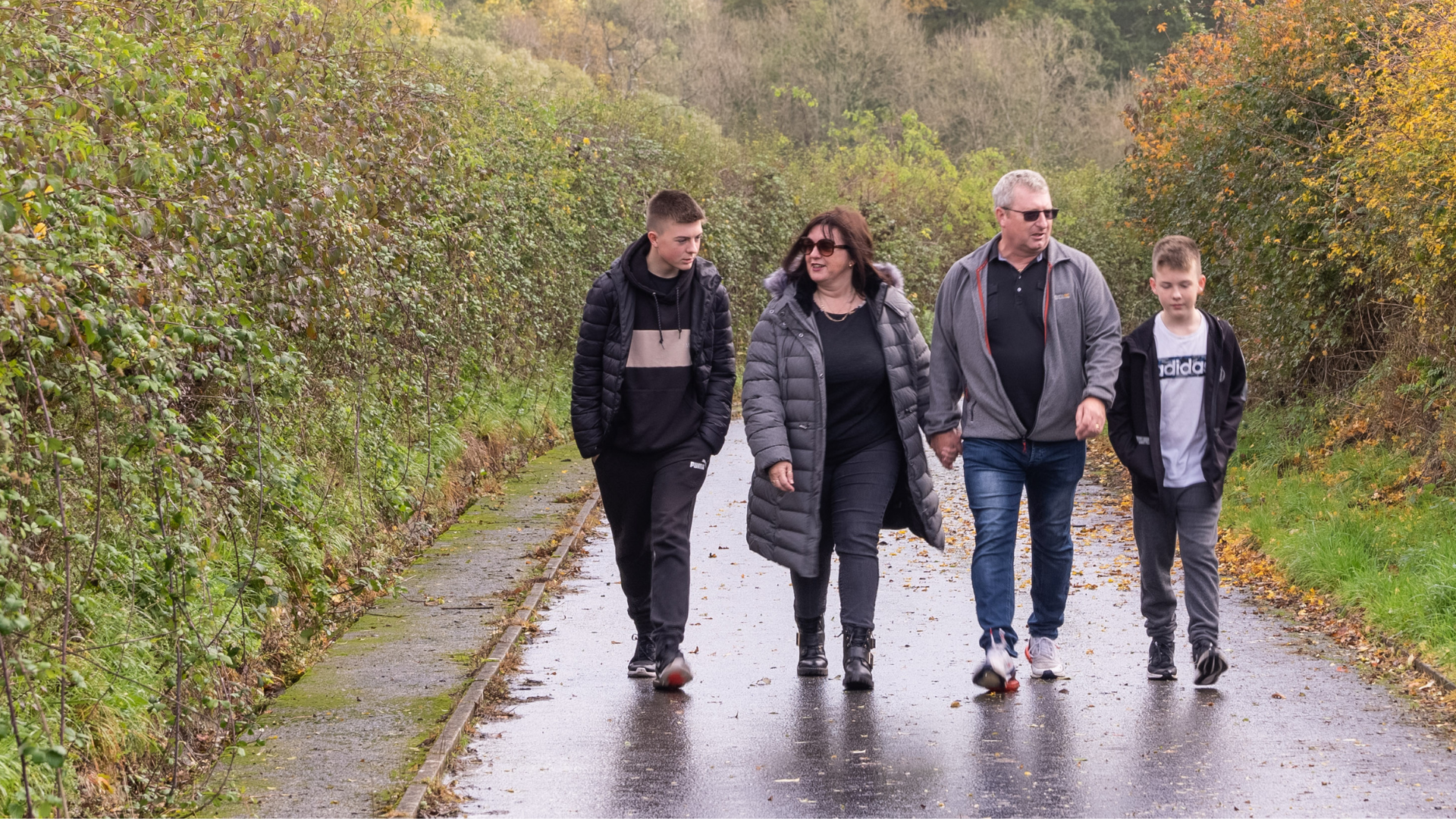Ensuring you’re looking after your wellbeing, every day, is vitally important when it comes to feeling your best – and it doesn’t need to be a huge task.
Our Wellness and Behaviour Change Coaches have shared a few simple tips to help you improve your overall health and wellbeing:
Remember: self care isn’t selfish

Self-care is not selfishness.
We need to make sure we look after ourselves so we are in the best health to be able to look after others. Take time to do the things you enjoy such as hobbies, exercise, sport, and seeing friends. Our team has seen first-hand that those who are feeling their happiest and healthiest are often those with more active lifestyles and social events to look forward to.
Our inner critic can create havoc on our wellbeing, so cutting yourself some slack is really important. Just taking time out to implement a little self-care, something just for you, isn’t selfish, it’s sensible.
Try and plan a balanced diet

When it comes to nutrition, preparation is key.
By preparing meals and snacks in advance and filling the fridge and freezer with them, it makes the healthy home-cooked option the convenient option – especially during times when you might be tired, busy or low in energy.
Planning out meals and snacks in advance also means you’ll know what needs to be included in your shopping list, so you can budget effectively and you’ll have the ingredients in stock that you need, when you need them.
Stay hydrated

Ensure you stay well hydrated throughout the day by drinking two litres of fluids, ideally water or low sugar squash.
A quick tip if you often forget to stay hydrated is to get hold of a bottle with the times of the day down the side, to remind you how much you should be drinking and by when. We know from research that staying hydrated keeps you healthier and prevents chronic health conditions.
Exercise regularly

It’s said a lot, but exercise really can benefit far more than your physical health. And it doesn’t need to be anything extreme – do what works for you.
Whether it’s walking, swimming, running, cycling or heading to the gym, you can often incorporate exercise into your daily routine with little to no interruption to your usual schedule.
Building in a minimum of 30 minutes of some form of exercise into your day helps the body to feel physically tired, to promote better sleep, too.
Create a bedtime routine to promote good sleep

We may all have an established routine at the start of the day, but have you considered the importance of a bedtime routine to support effective sleep?
Start to wind-down before bed with 30 to 60 minutes of reduced activity, lighting, TV and technology. You could read an easy book or try different relaxation techniques to allow your mind to switch off.
Ensuring you’re exercising each day, combined with getting some exposure to natural light to moderate the hormone melatonin will also help to regulate periods of sleep and wakefulness.
Other quick tips include creating a dark room (black-out blinds are useful following night shifts), ensuring your room is well ventilated, making sure the room temperature is not too cold or warm (around 18 degrees C), your bed is comfortable, and not relying on alcohol or caffeine. Also, try not to eat to close to bedtime.
Spend time outdoors

It might be colder, but this can be one of the most beautiful times of year too. And spending time outdoors can have huge benefits on our mental health.
You can try out guided walk mindful walk to get you started here:
There are also a few relaxation exercises you can try, whenever you wish from home:
And don’t forget, we have a host of online resources available for you to browse on our website, as well as onli8ne courses ranging from bitesize length through to six-weeks, covering a number of health and wellbeing topics:


